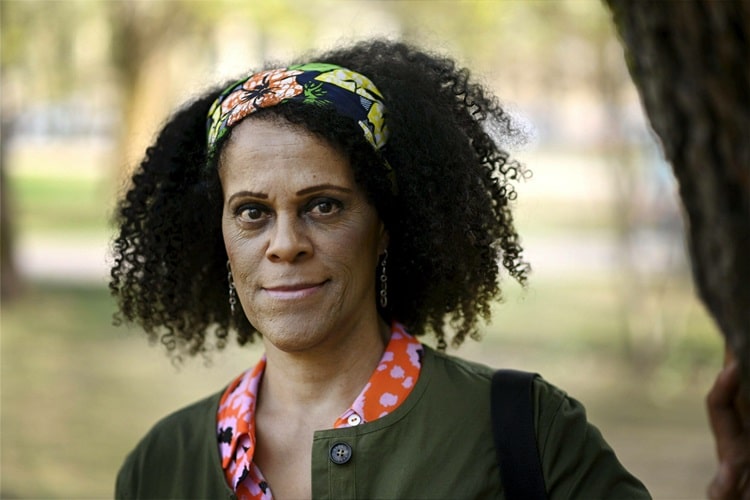Writing the World: The Story of Bernardine Evaristo

Bernardine Evaristo is a British author and academic.
Life and Career
Bernardine Evaristo was born on 28 May 1959, in Woolwich, London, to a Nigerian father and an English mother. She grew up in a working-class environment, which heavily influenced her understanding of social dynamics and identity. Evaristo attended Eltham Hill Grammar School for Girls and later studied at the Rose Bruford College of Speech and Drama, where she earned a degree in Theatre Arts.
After completing her education, Evaristo initially pursued a career in theater, working as an actor, playwright, and director. She later transitioned into writing and began publishing poetry and prose. Evaristo’s early works often explored issues of race, gender, and culture, drawing from her own experiences as a mixed-race woman in Britain.
Evaristo gained widespread recognition for her novel “The Emperor’s Babe” (2001), which tells the story of a Sudanese girl living in Roman London. The novel received critical acclaim for its inventive narrative style and exploration of identity. She continued to publish novels, poetry collections, and essays, including works like “Lara” (1997), “Soul Tourists” (2005), and “Blonde Roots” (2008).
In 2019, Evaristo achieved significant acclaim for her novel “Girl, Woman, Other,” which won the Booker Prize, making her the first black woman and the first black British person to win the prestigious award. The novel, characterized by its polyphonic structure, explores the interconnected lives of twelve characters, predominantly black British women.
In addition to her writing career, Evaristo has held various academic positions. She has taught creative writing at several universities, including the University of London, Manchester Metropolitan University, and Brunel University London. Evaristo is also a passionate advocate for diversity in literature and has spoken extensively on issues of representation and inclusion in the publishing industry.
Award and Legacy
Evaristo made history by becoming the first black woman and the first black British person to win the Booker Prize for Fiction with her novel “Girl, Woman, Other.” This prestigious award catapulted her to international acclaim and brought attention to her powerful storytelling and innovative narrative techniques.
Evaristo was shortlisted for the Orange Prize for Fiction (now known as the Women’s Prize for Fiction) for her novel “Blonde Roots,” which reimagines the transatlantic slave trade with a twist, portraying Europeans as the enslaved population.
In 2009, Evaristo was appointed a Member of the Order of the British Empire for her services to literature. This honor recognizes her contributions to British literature and her advocacy for diversity and inclusion within the literary world.
Evaristo’s work has had a profound impact on contemporary literature, particularly in its exploration of race, gender, and identity. Her innovative narrative techniques challenge conventional storytelling methods and expand the boundaries of literary fiction.
Evaristo’s advocacy for diversity and inclusion has helped elevate the voices of marginalized communities within the literary world. By championing underrepresented writers and challenging existing power structures, she has played a crucial role in fostering a more inclusive literary landscape.
Evaristo’s achievements serve as inspiration to aspiring writers, particularly those from diverse backgrounds. Her success demonstrates that stories from marginalized perspectives are not only valuable but also capable of achieving mainstream recognition and acclaim.
Beyond her literary accomplishments, Evaristo’s activism and advocacy work have contributed to broader social change by raising awareness of issues such as racism, sexism, and inequality. Through her writing and public engagement, she continues to advocate for a more just and equitable society.
Observer Voice is the one stop site for National, International news, Sports, Editor’s Choice, Art/culture contents, Quotes and much more. We also cover historical contents. Historical contents includes World History, Indian History, and what happened today. The website also covers Entertainment across the India and World.

